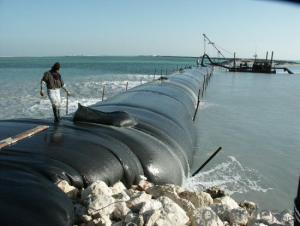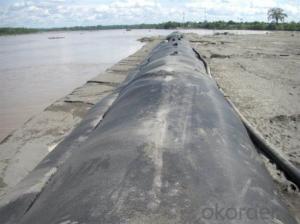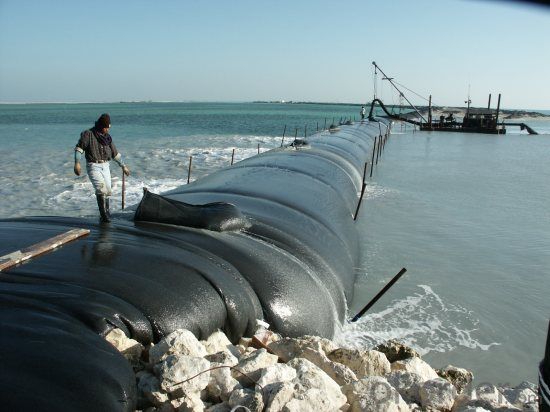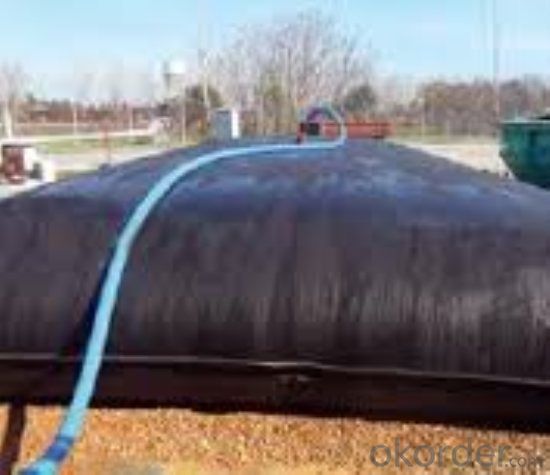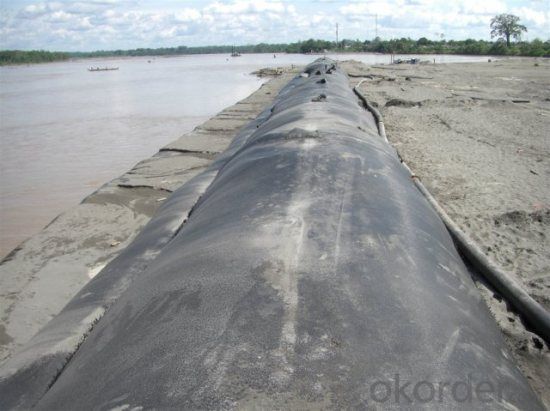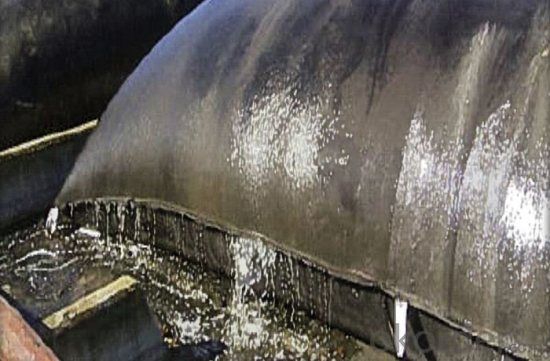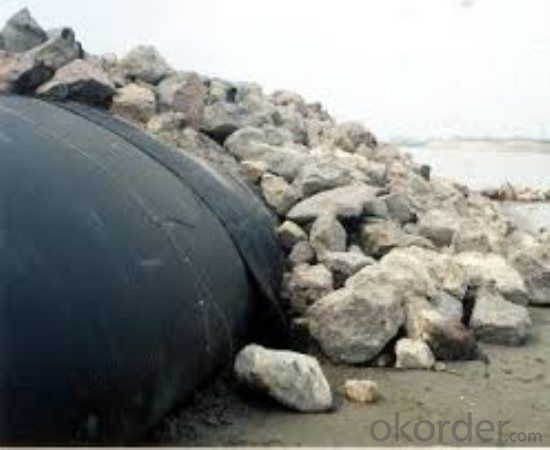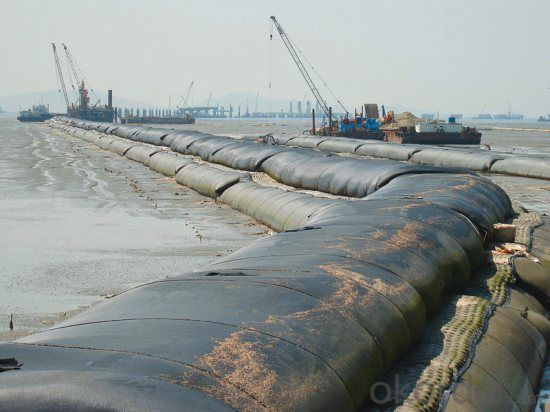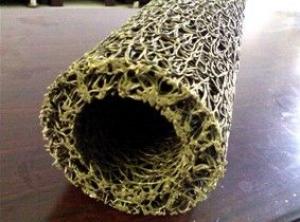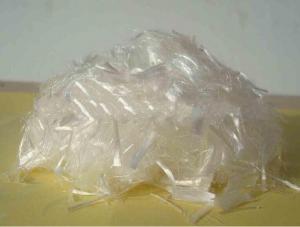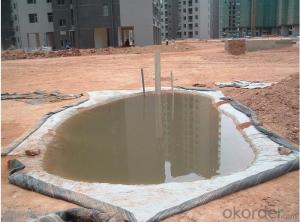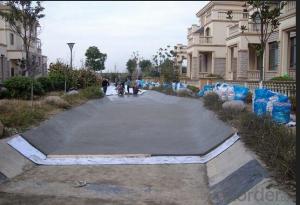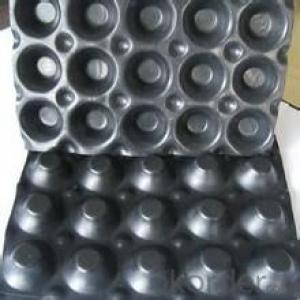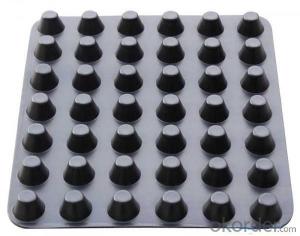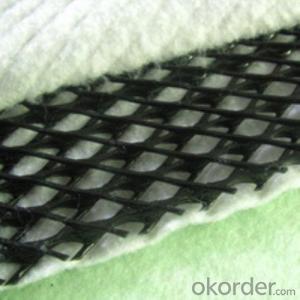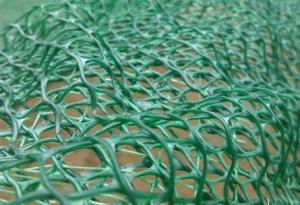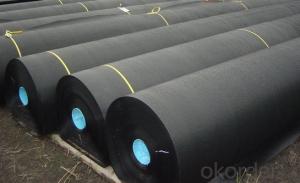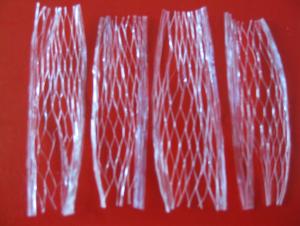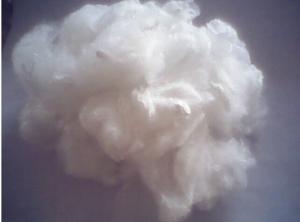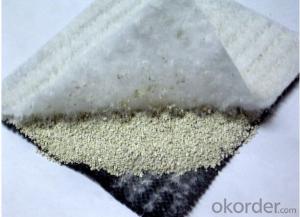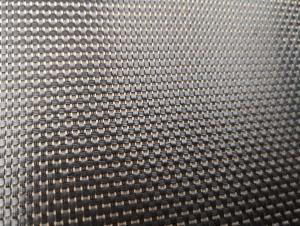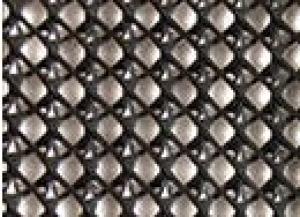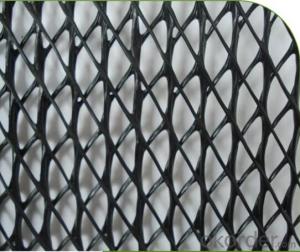Geotube Thickness 2.0mm for Water Control System
- Loading Port:
- Qingdao
- Payment Terms:
- TT or LC
- Min Order Qty:
- 7000 m²
- Supply Capability:
- 100000 m²/month
OKorder Service Pledge
OKorder Financial Service
You Might Also Like
Geotube for Water Control System
Description Of Geotube for Water Control System
Geotube is made from fabric ,Water contaminated with sediment, contaminated solids, or other difficult to treat particles can all be effectively treated and separated through cost-effective dewatering process utilizing dewatering chemistries and technology.
Main Features of Geotube for Water Control System
1. Excellent physical and mechanical performance
2. High tearing resistance
3. Good deformation adaptability
4. High puncture resistance
How Geotube work:
•Containment: High strength permeable geotextiles with uniquely designed retention properties are fabricated into Geotube that can be filled with fine grain sludge, hazardous contaminated soils, or dredged waste materials.
• Dewatering: Excess water drains from the Geotubethrough the small pores in the geotextiles resulting in effective dewatering and efficient volume reduction of the contained material. This volume reduction allows for the repeated filling of the Geotube. In many cases the decanted water is of a quality that can be returned to native waterways or for reuse.
IMages of Geotube for Water Control System
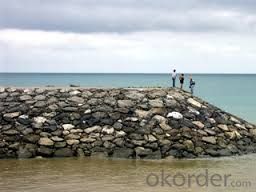
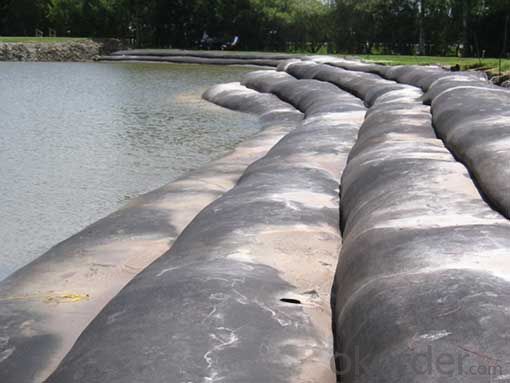
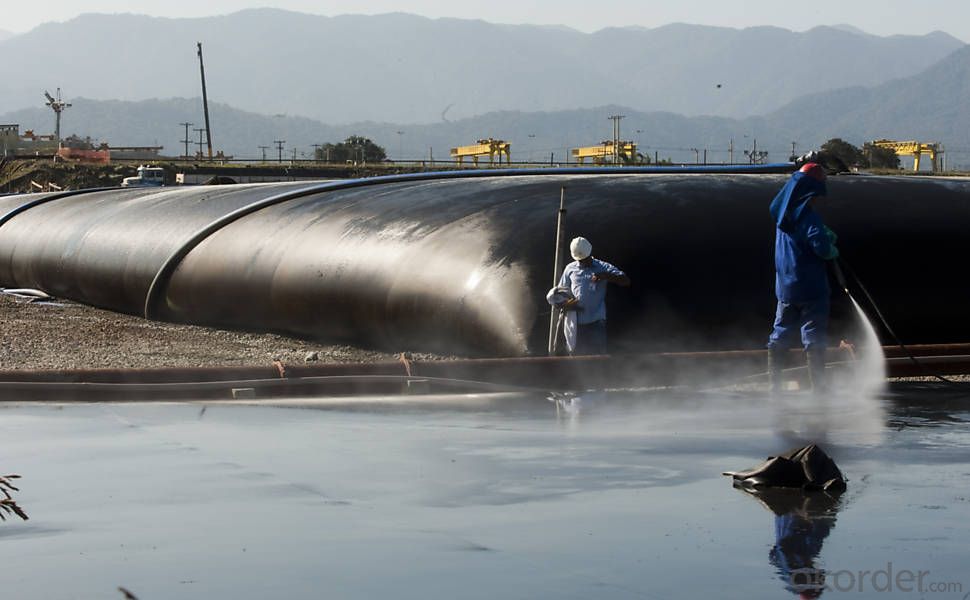
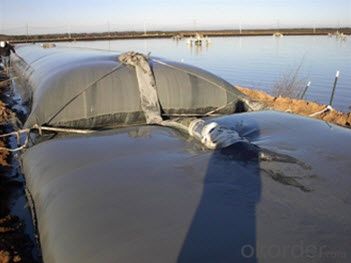
FAQ:
1. What are we supplying?
We are specialized in producing geotextile, geotube , geogrid, geocelda, y geomembrane,y etc
.
2. How Many years experience do we have?
We have been exported to more than 15 countries in the past 10 years.
3. How long do we usually reply your request?
We always reply our customer within 12 hours.
- Q: Can earthwork products be used in landscaping edging?
- Yes, earthwork products can be used in landscaping edging. Earthwork products such as rocks, stones, and gravel are commonly used to create borders and edging in landscaping projects. They provide a natural and aesthetically pleasing boundary for flower beds, pathways, and other landscaped areas. Additionally, earthwork products can help prevent soil erosion and define the edges of different sections in a landscape design.
- Q: What are the advantages of using geocells for load support applications?
- There are several advantages of using geocells for load support applications. Firstly, geocells provide excellent stability and reinforcement to the ground. The cells interlock with each other, creating a strong and stable structure that can distribute heavy loads effectively. This helps prevent soil erosion and settlement, ensuring the longevity of the load support system. Secondly, geocells are lightweight and easy to install. They can be quickly deployed and filled with locally available materials, reducing the need for heavy machinery and long construction times. This makes them a cost-effective solution for load support applications. Additionally, geocells have high load-bearing capacity. They can withstand heavy loads and distribute them evenly, reducing the stress on the underlying soil. This makes them suitable for a wide range of applications, including roads, railways, parking lots, and even retaining walls. Furthermore, geocells are environmentally friendly. By stabilizing the ground and preventing soil erosion, they help protect the natural environment. They also allow for the use of locally available materials, reducing the need for transportation and minimizing carbon emissions. Overall, the advantages of using geocells for load support applications include stability, ease of installation, high load-bearing capacity, and environmental friendliness.
- Q: Civil engineering materials in the two grinding a burning what does this mean
- Refers to the cement material, cement is the first stone and other raw materials, grinding, and then after high temperature calcination, and then after grinding into powder
- Q: How do geosynthetic products contribute to soil erosion prevention in construction sites?
- Geosynthetic products play a crucial role in preventing soil erosion in construction sites by providing effective solutions. These materials, such as geotextiles, geogrids, and geomembranes, are specifically designed to reinforce soil, stabilize slopes, and control sediment runoff. They act as a barrier, preventing soil particles from being washed away by rainfall or flowing water. Geosynthetics also enhance soil filtration, reducing the velocity of water flow and allowing sediment to settle, thus reducing erosion. Overall, these products offer cost-effective and sustainable measures to mitigate soil erosion, ensuring the stability and longevity of construction projects.
- Q: Definition of civil engineering materials
- In the past, all non-military civilian projects were classified into this class. However, as engineering science became more and more extensive, many of the original contents of civil engineering had become independent.
- Q: Are earthwork products suitable for use in golf course construction?
- Yes, earthwork products are suitable for use in golf course construction. These products include materials such as soil, sand, gravel, and rocks, which are used to create various features in a golf course, such as greens, fairways, bunkers, and tee boxes. Earthwork products are important for shaping the landscape and providing the desired playing conditions and aesthetics in golf course construction.
- Q: How can geopipes be used in underground stormwater retention systems?
- Geopipes can be used in underground stormwater retention systems to efficiently collect and transport excess water from heavy rainfall events. These specially designed pipes, often made of high-density polyethylene, are perforated to facilitate water infiltration into the surrounding soil while preventing clogging. By directing stormwater into underground retention systems through geopipes, the water can be stored and gradually released, reducing the strain on local drainage systems and minimizing the risk of urban flooding.
- Q: What is the lifespan of geosynthetics in earthwork applications?
- The lifespan of geosynthetics in earthwork applications can vary depending on various factors such as the type of geosynthetic material used, the environmental conditions, and the level of maintenance. However, in general, geosynthetics are designed to have a long service life ranging from 20 to 100 years.
- Q: Are earthwork products suitable for use in swimming pool construction?
- Yes, earthwork products can be suitable for use in swimming pool construction. These products, such as compacted soil or fill materials, can be used to create a stable base for the pool, ensuring proper drainage and preventing shifting or settling of the pool structure. Additionally, earthwork products can be utilized for grading and shaping the surrounding landscape, providing a visually appealing and functional pool area.
- Q: What are the advantages of using geocells in earthwork projects?
- The advantages of using geocells in earthwork projects include improved load-bearing capacity, increased stability, reduced soil erosion, enhanced drainage, and cost-effectiveness. Geocells provide a strong cellular confinement system that distributes and reinforces the weight of the soil, resulting in increased load-bearing capacity and stability. By preventing soil erosion, geocells help to maintain the integrity of the project and protect the surrounding environment. The cells also allow for efficient drainage, preventing water accumulation and reducing the risk of damage from water saturation. Additionally, geocells are lightweight and easy to install, making them a cost-effective solution for earthwork projects.
Send your message to us
Geotube Thickness 2.0mm for Water Control System
- Loading Port:
- Qingdao
- Payment Terms:
- TT or LC
- Min Order Qty:
- 7000 m²
- Supply Capability:
- 100000 m²/month
OKorder Service Pledge
OKorder Financial Service
Similar products
Hot products
Hot Searches
Related keywords
